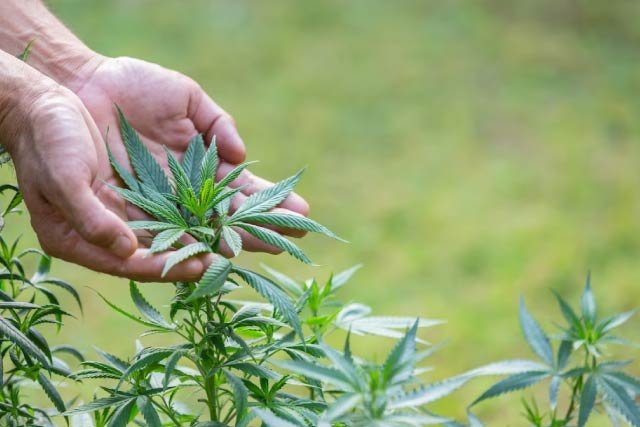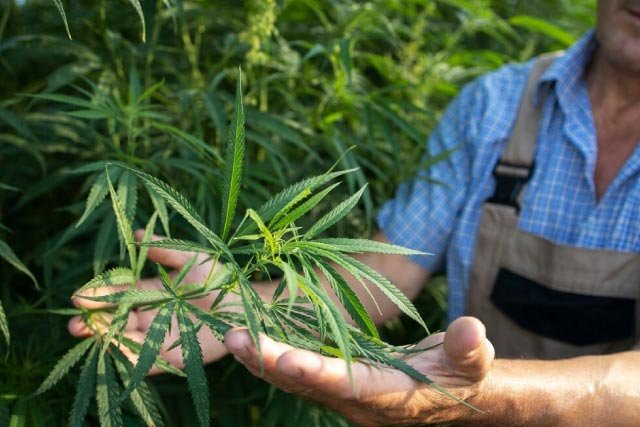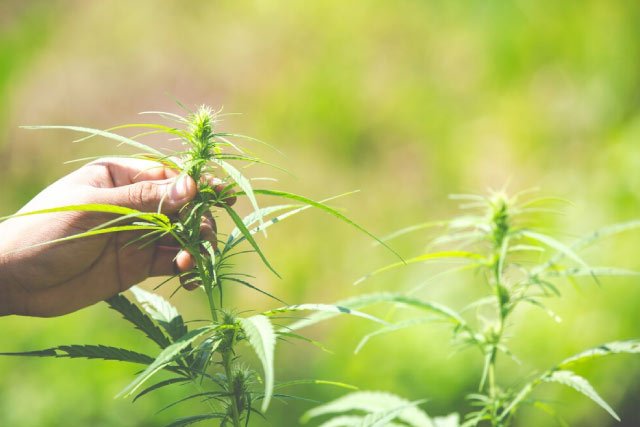In 2019, Wisconsin achieved a significant milestone in the cannabis realm by securing approval from the U.S. Department of Agriculture (USDA) to implement its state hemp program. This marked Wisconsin’s alignment with the majority of states adhering to Farm Bill guidelines for hemp and its derivatives. This comprehensive guide aims to demystify the complexities surrounding Delta 9 THC, its legal standing in Wisconsin, and the broader landscape of hemp legalization in the United States.
Understanding Delta 9 THC

Delta 9 THC, or Delta 9 tetrahydrocannabinol, stands as one of the numerous THC forms within cannabis, encompassing both hemp and marijuana. These THC compounds, scientifically termed tetrahydrocannabinol, constitute a subset of the 113 cannabinoids identified in cannabis. Given its presence in both hemp and marijuana plants, Delta 9 THC has spurred ongoing debates concerning the legal status of hemp products, mainly due to its psychoactive effects.
Legal Framework

The legal status of Delta 9 THC is primarily dictated by the 2018 Farm Bill, a groundbreaking piece of legislation that ushered in the widespread production and commercialization of hemp-derived products on a federal level. Adhering to federal guidelines, Delta 9 THC products must meet specific conditions:
- They must be derived from hemp, not marijuana.
- The product should contain 0.3% or less of Delta 9 THC by dry weight.
Wisconsin’s Proactive Response

In alignment with the 2018 Farm Bill, Wisconsin introduced Senate Bill 188 in 2019, paving the way for the establishment of a state hemp program. This bill conferred regulatory authority upon the Wisconsin Department of Agriculture to oversee various aspects of hemp production, ranging from cultivation to commercialization.
Wisconsin Act 68 fortified the state’s commitment to aligning with federal law. By legalizing the growth, production, and transportation of industrial hemp, this act effectively removed hemp from the definition of marijuana and the list of controlled substances. Furthermore, it empowered the Wisconsin Department of Agriculture, Trade, and Consumer Protection (DATCP) to issue licenses and effectively regulate the multifaceted hemp industry.
Medical Marijuana Landscape in Wisconsin

While the term “medical marijuana” traditionally encompasses using the entire marijuana plant for therapeutic purposes, Wisconsin has not embraced medical marijuana to the extent observed in some other states. The state permits solely the use of low-THC cannabis oil (CBD oil) for medical purposes, regulated by Lydia’s Law (Wisconsin Act 267). This legislation enables individuals with a qualifying medical condition to possess non-psychoactive CBD with a physician’s certification.
Purchasing Delta 9 THC Products in Wisconsin

The legal framework for Delta-9 THC products in Wisconsin mirrors federal guidelines, allowing for the sale of products meeting specific criteria. Both the origin and THC content must align with the stipulations of the Farm Bill, ensuring a THC concentration of 0.3% or less by dry weight. Consumers can conveniently and legally purchase Delta 9 THC products online, with vendors offering free shipping options across Wisconsin.
Differentiating Delta-9 Sources

It is imperative to distinguish between Delta-9 obtained from hemp and that derived from marijuana. Although no scientific difference exists, two primary methods yield hemp-derived Delta 9 THC: isomerization and extraction during cannabinoid distillation. Both methods remain legal, contributing to the accessibility of Delta 9 THC products.
Effects of Delta 9 THC

The effects of Delta 9 THC vary among individuals, influenced by dosage and prior THC experience. Users commonly report feelings of euphoria, talkativeness, relaxation, increased appetite, and perception changes. Microdosing Delta 9 THC, exemplified by products like CBD gummies, offers potential benefits such as improved sleep without unwanted psychoactive effects.
Delta 8 THC vs. Delta 9 THC

Comparing Delta 8 and Delta 9, THC reveals that both cannabinoids share interactions with the body’s endocannabinoid system, offering distinct effects. Delta-9 THC, the more potent of the two, is renowned for its psychoactive properties and medical benefits, including pain relief and anti-inflammatory effects. In contrast, Delta 8 THC provides a milder experience, making it suitable for individuals new to cannabis.
Navigating Federal and State Regulations

To fully grasp the legal nuances of Delta 9 THC in Wisconsin, it is essential to delve into both federal and state regulations. The 2018 Farm Bill plays a pivotal role in setting the foundation for hemp legalization on a national scale. Still, individual states, including Wisconsin, retain the authority to implement their own guidelines.
Federal Law vs. State Law

While federal law outlines broad parameters for hemp-derived products, each state can further refine its regulations. Wisconsin’s proactive approach, as exemplified by Senate Bill 188 and Wisconsin Act 68, reflects the state’s commitment to establishing a comprehensive framework for hemp cultivation, production, and distribution.
Challenges and Debates

Despite the progress made with hemp legalization, challenges and debates persist. The close association between hemp and marijuana has led to confusion and misconceptions, contributing to ongoing debates on the classification and legal status of various hemp-derived products. Wisconsin’s legislative measures aim to provide clarity and create a regulated environment, yet discussions on refining these laws continue.
Conclusion
Navigating the legal landscape of Delta 9 THC in Wisconsin involves understanding federal and state regulations, with the 2018 Farm Bill playing a pivotal role. Wisconsin’s proactive approach to aligning state laws with federal guidelines has created a framework that allows residents to access legal Delta 9 THC products. As the cannabis landscape continues to evolve, staying informed about the legal nuances ensures a safe and compliant experience for consumers seeking the potential benefits of Delta 9 THC.
FAQ’s
Yes, Delta 9 THC is legal in Wisconsin as long as it meets the conditions outlined in the 2018 Farm Bill. The product must be derived from hemp, not marijuana, and contain 0.3% or less of Delta 9 THC by dry weight.
Wisconsin legalized hemp and Delta 9 THC products through legislative measures, including Senate Bill 188 and Wisconsin Act 68. These acts aligned state laws with the 2018 Farm Bill, allowing for the growth, production, and transportation of industrial hemp.
Yes, legal Delta 9 THC products, including gummies and edibles, can be purchased online in Wisconsin. It is important to ensure that the products meet federal guidelines, with Delta 9 THC derived from hemp and containing 0.3% or less THC by dry weight.
Delta 9 THC may produce euphoria, relaxation, increased appetite, and other effects, varying among individuals. It is the main psychoactive component in cannabis. Compared to Delta 8 THC, Delta 9 THC is more potent, offering a stronger experience. Both cannabinoids interact with the body’s endocannabinoid system but have unique effects and applications.




